What if you danced in the middle of the street?
It may sound offbeat, completely unusual, and absolutely creepy. But imagine that dancing in the street was a way to bring joy to your whole neighborhood, get to know each other, and create lasting bonds, and, on top of that, that you have always wanted to do it. How would you start?
You would certainly need to find the motivation, why not learn to dance and then, above all, dare to take the plunge. But just as it is possible to muster up the courage to go dancing in the street, it is possible to learn to cultivate your altruistic potential.

Altruism is about increasing the well-being of others or remedying their suffering. It is a motivation, an intention, and a moral obligation.
Matthieu Ricard
Acting and pleading for a more altruistic world
Be inspired, practice, get involved
At Karuna-Shechen, we are convinced that an altruistic state of mind is one of the antidotes to the world’s problems. Indeed, cultivating altruism allows one to put oneself in the shoes of others, connect to one’s emotions, and develop compassion towards all living beings. This is how more conscious and benevolent societies become possible. Our mission is to act and advocate for a more altruistic world. And since collective change requires individual transformation, Karuna offers content to find inspiration, practice, and get involved.

Recognizing an altruistic world
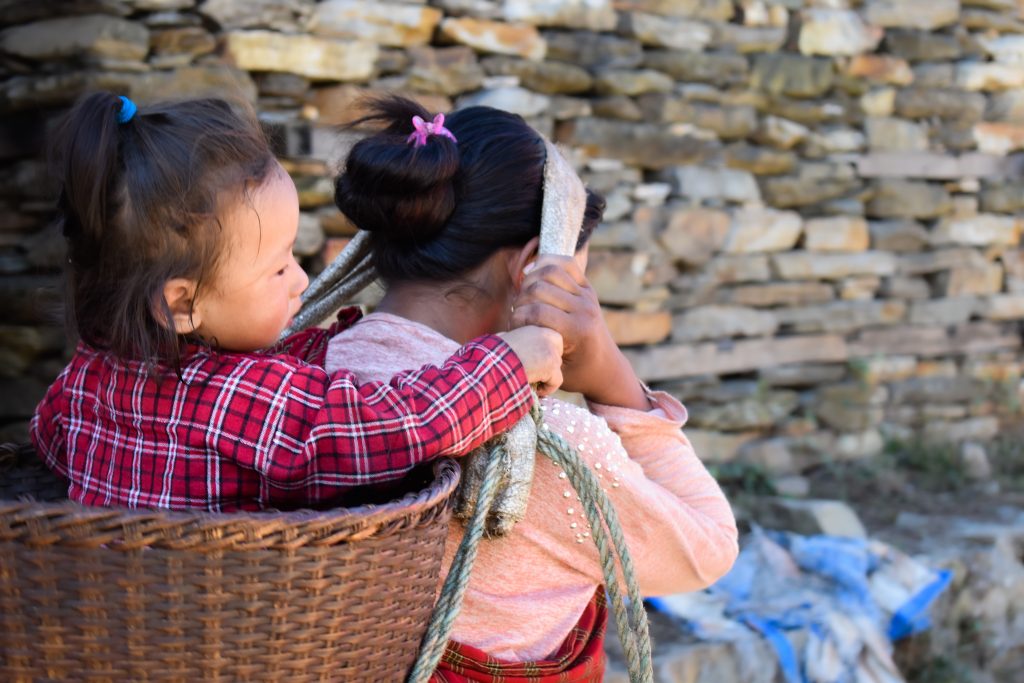
An altruistic act is a selfless act that results from an impulse of solidarity and benevolence. It is a reflection of the inherent goodness that resides within each of us. Our altruistic potential can be cultivated through inspiration, training, and commitment. Helping without expecting anything in return, understanding that it is possible to feel pleasure by giving one’s time or skills, ensuring the well-being of others… altruism can take many forms. To be sure that it is a charitable act, and not an action intended to serve the ego, the intention is essential. There is a simple test to ensure that it is correct: if, when we act for the good of others, the joy we feel is as intense as if someone else had performed the act in our place, then the action was altruistic.
In our daily lives, it is quite normal to have actions that only serve our interests. Such deeds do not condemn us to selfishness, nor do they sum up who we are. This is why we speak of altruistic acts rather than altruistic people.
Altruism is a goal towards which we strive, both individually and collectively. Therefore, the path matters more than the destination.
It is in effort that one finds satisfaction, not in success. Full effort is full victory.
Gandhi

Get inspired: changing the way we look at the world
Breaking free from the negativity bias
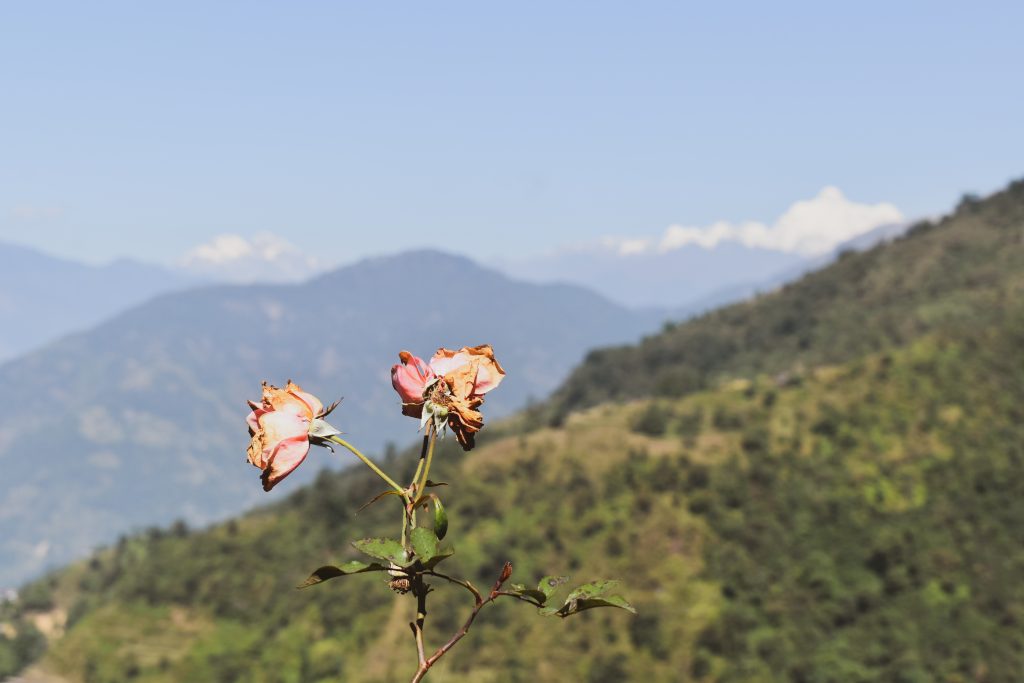
The negativity bias refers to the fact that individuals are more influenced by negative experiences than by positive ones. It creates the “Mean world” syndrome, giving the impression that a majority of people commit negative acts.
By changing the way we look at the world, we can focus our attention on kindness or on the beauty of landscapes, animals, or artistic creations. We can also be inspired by people we like or ideas that resonate with us. They can appeal to the five senses, to emotions, or to reason. Everything can be a source of inspiration.
Karuna-Shechen invites you to contemplate what is happening around you or around the world. Indeed, despite the overwhelming images that can be relayed, goodness is actually omnipresent. We should highlight the “banality of goodness” and focus on the plurality and recurrence of altruistic acts that take place all over the globe and open ourselves to a new vision of the world. You will start to notice the look of wonder in a child’s eyes, the smile of a passerby, the tenderness of a parent, the hands that reach out, and the feet that beat time on the subway.
True happiness stems from the sense of inner peace and contentment that must be attained by cultivating altruism, love, and compassion and eliminating anger, selfishness, and greed.
His Holiness the 14th Dalaï Lama
Giving meaning to our action
Obviously, inspiration can have many sources and may vary over time. They can give us the desire to act, provide concrete tracks to inform ourselves, or suggest ideas of actions to be carried out. Here, it may be watching videos of other street dancers or learning about the number of smiles choreography can bring to faces. Finding an inspirational person makes us wonder what qualities we should nurture to be like them. It is an invitation to humility and commitment to stay in line with our values. We can take the steps of a dancer we admire and make them our own, creating our own style.

The purpose of inspiration is that it leads to action for the better. It can come from positive things that cause wonder, just as it can come from outrage. In all cases, inspiration allows us to remember our motivations and give meaning to our actions. Without it, we risk losing sight of our reason for acting. It is therefore necessary to find inspiration on a daily basis and to question ourselves in order to recalibrate our decisions, our practices, and our aspirations and, in this way, to ensure the accuracy of our intentions.

Practice: changing ourselves
Developing our emotional intelligence to prevent empathic distress
Emotional intelligence is the ability to recognize emotions in ourselves and in others and to make connections between feelings and emotions. By developing it, we can more easily empathize with others, by learning to recognize their emotions as well as our own.
Like any form of regular practice, emotional intelligence can be cued and altruistic acts made easier and more frequent. Over time, we can create new habits that are a part of our daily life and progressively transform ourselves. One was not born knowing how to dance, but can always learn. Practicing takes time: you can start with simple steps before mastering several choreographies or dance styles.
To train is to transform oneself on an individual level but also to participate in the change on a societal level.
If we change the way we perceive things, we change the quality of our lives. And this change is the result of training of the mind that we call ‘meditation’.
Matthieu Ricard
Respecting our limits to avoid exhaustion
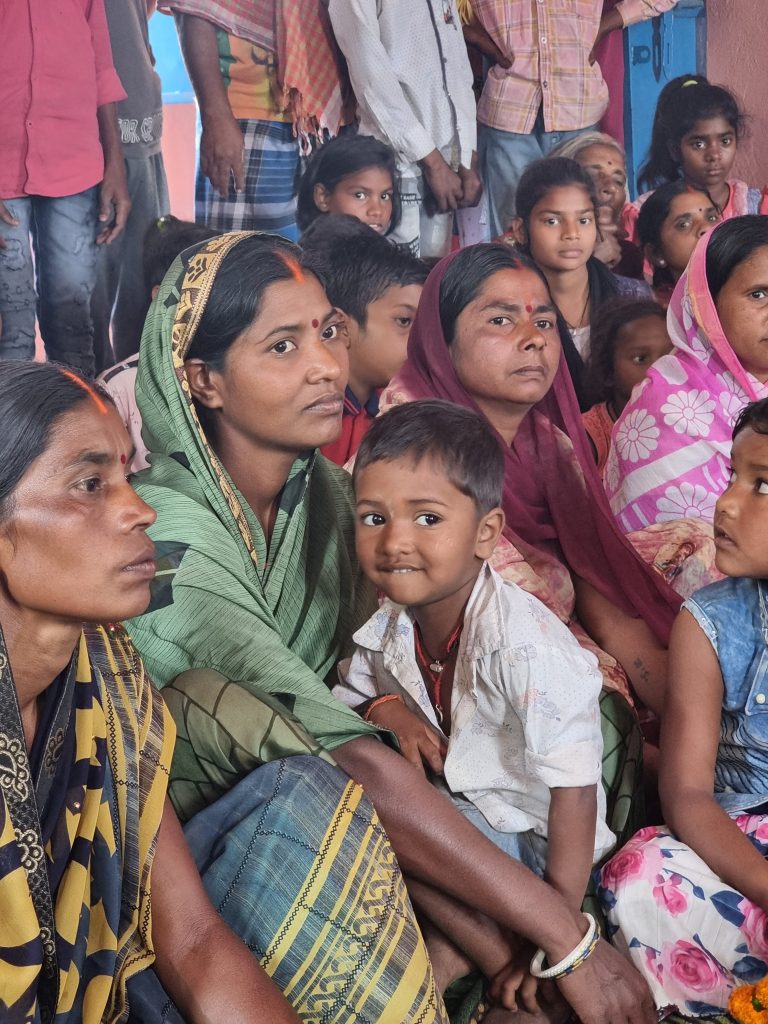
However, connecting with others’ emotions -sometimes quite strongly- carries a risk of being overwhelmed by the emotions of others. Indeed, connecting to the sufferings of others may involve being caught up and overwhelmed by what they feel. Beware of the fatigue fracture!
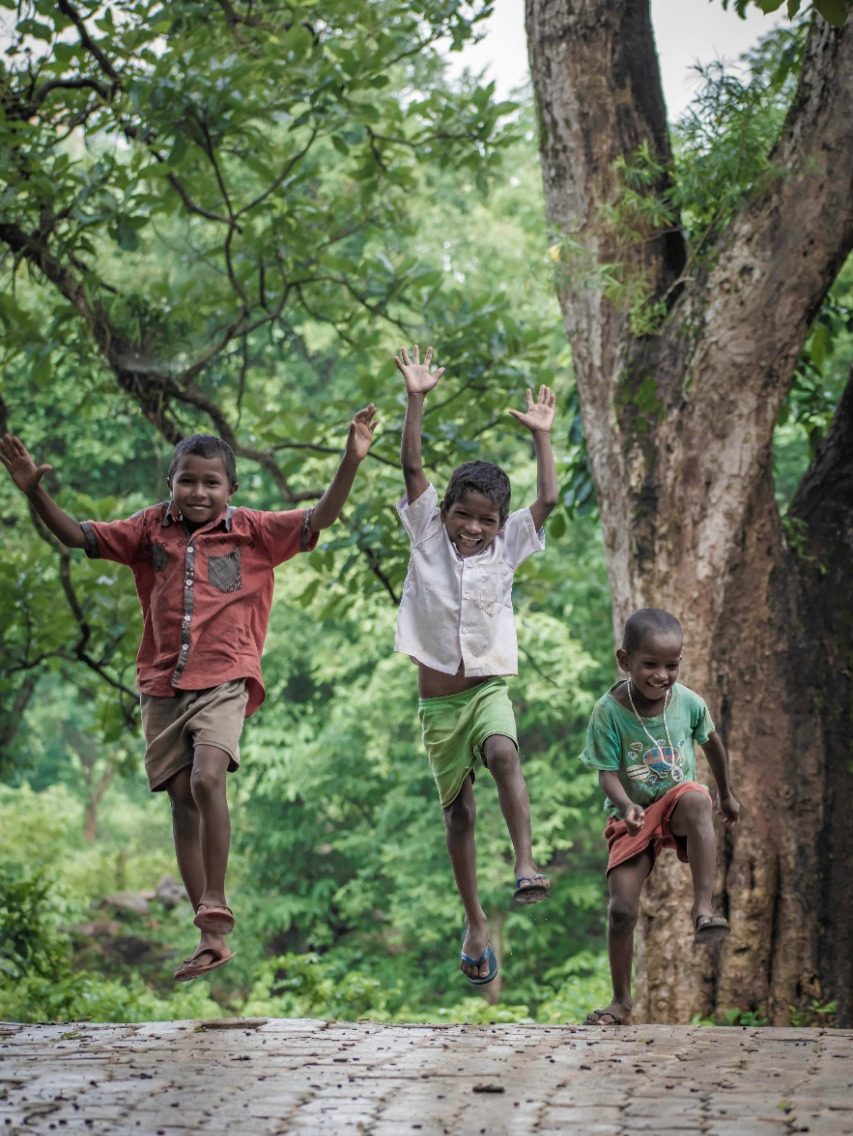
For this reason, knowing our limits in order to preserve ourselves and continue to help others without suffering is essential. Emotional intelligence is one of the tools used to understand how precise situations make us feel by making the link between a feeling and an emotion. It consists in learning to identify our emotions and those of others, master them, and use them as motivators. To develop it is to be able to recognize what makes us feel good and to detect the signs of exhaustion or malaise. Remember that balance between taking care of ourselves and others is essential to maintaining an altruistic state of mind on a daily basis. Working on oneself is therefore essential to avoid becoming exhausted in the face of the world’s problems and falling into empathic distress.
—> Découvrez les programmes de Karuna-Shechen et Mindfulness solidaire à destination des travailleuses et travailleurs sociaux.
To get carried away by a multitude of conflicting problems, to respond to too many requests, to commit to too many projects, to want to help everyone in everything, is to succumb to the violence of our time. To engage in too many projects, to want to help everyone in everything, is to succumb to the violence of our times.
Thomas Merton, American Trappist Monk

Get involved: changing the world
Acting instead of dwelling
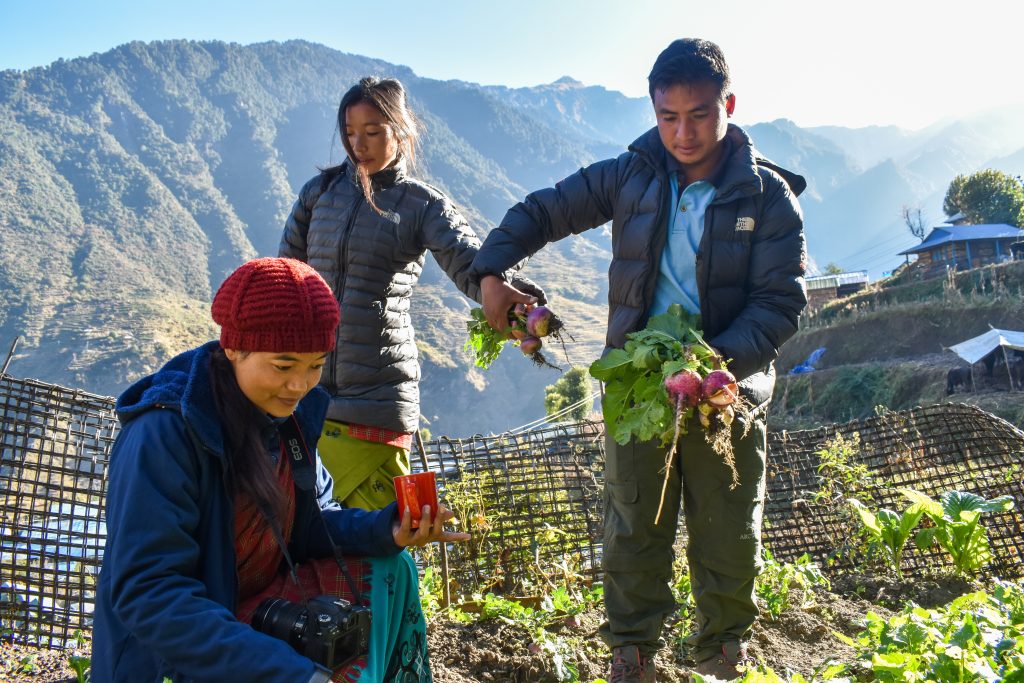
You’re almost there. You have created your sequence of steps, you have rehearsed it, you know what your goal is. A first altruistic gesture can lead to others: it is the activation of a cog, of a mechanism present in us. This multiplication of gestures contributes to the diffusion of altruism and sources of inspiration for the people who will witness it. All you have to do is go out and let yourself be carried away by the habit and adrenaline, because inspiration and practice are meaningless if they do not lead to some form of action.
It is up to you to sense when you need to take care of yourself or if you have the energy to commit. The ideal is to start with small things that bring you motivation and joy. In the face of all the suffering in the world, small deeds alleviate the feeling of powerlessness that can sometimes overwhelm us.
We must create action, because action creates movement, and movement drives individuals.
Christian Le Guillochet, actor, playwright, and director
Creating an engagement that suits us

Just as there are dozens of different types of dances, engagement can also take various forms: from information relay to field work, from creating discussions to financial support, from minor daily adjustments to significant personal and professional choices… It can be sudden or gradual, come from a personal initiative, be at the service of an existing structure, or be done alone or in a group.
It is up to you to find your own rhythm and to act at your own level and with your own resources, according to your sensitivity and the causes that affect you. The important thing is that the commitment resembles you. And since there are always ways and opportunities to act, in all areas, it is up to you to choose the ones that resonate with you the most. Of course, nothing is set in stone and everything can evolve according to what inspires you or what is possible for you to do. The important thing is that you feel in your rightful place, at the service of a more altruistic world.
Start to be inspired, train, and get involved daily
This triptych is a tool that each individual should adapt and develop in order to act better on a daily basis and over time. To do so, all the components are complementary and indispensable, at the risk of creating an imbalance. Everyone has an altruistic potential that can be developed once we are aware of it and have identified the ways to cultivate it. Nevertheless, Karuna-Shechen recommends you to start with what is easiest for you: getting inspired, practicing or getting involved, before integrating the other dimensions as you go along. Similarly, you can use it in an area that is important to you and expand it to other areas.
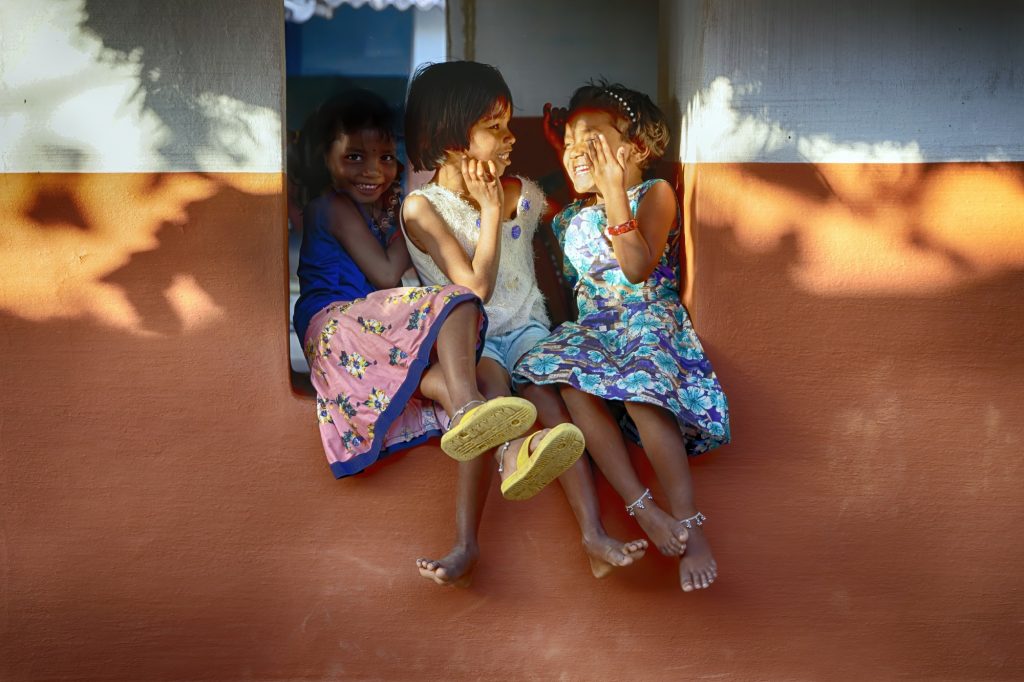
Your beliefs become your thoughts, Your thoughts become your words, Your words become your acts, Your acts become your habits, Your habits become your values, Your values become your destiny.
Gandhi
Finally, Karuna-Shechen offers resources to support and encourage you to get inspired, practice, and get involved yourself, but it is important to be aware that cultivating your altruistic potential is not always easy. It is not a performance that is done without intermissions or apnea. There may be moments of doubt or rest, lack of inspiration, or empty streets. There are days when the performance will be short and others when it will not garner any applause. The important thing is that you always know why you are dancing.
